
by Gideon Marcus
The Big One
Billions of years ago, the entire universe was smaller than the head of a pin. For an endless eternity, or perhaps just an instant, it remained in this state – and then it exploded outward with the force of creation, ultimately becoming all that we see today.
Until this year, this "Big Bang" theory was as yet unconfirmed. It had stiff competition in the "Steady State" hypothesis, which postulated that the universe is indeed expanding, but because of matter being constantly created. This was fundamental to the plot of Pohl and Williamson's recent novels set in the reefs of space at the edges of our solar system.
But last year, Arno Penzias and Robert Wilson at the Bell Telephone Laboratories in Murray Hill, New Jersey noticed an excess of radio noise in the receiver they were building, an excess that closely resembled the Cosmic Microwave Background predicted by physicists Ralph Alpherin, Robert Herman, and George Gamow. This extremely low level but pervasive energy is what's left of the heat of the primeval explosion, reduced to microwaves by the expansion of the universe.
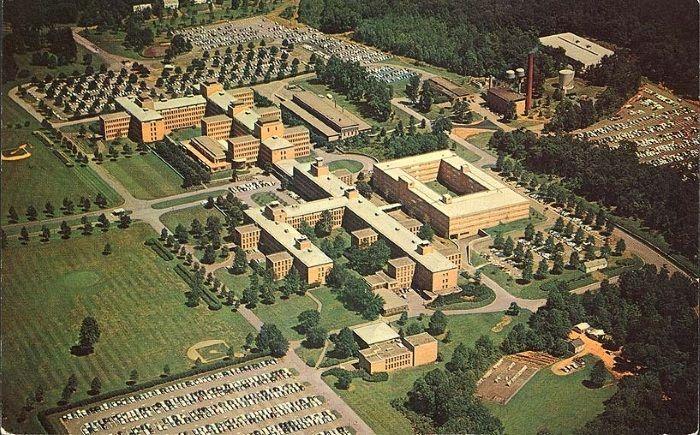
The Murray Hill facility where the echoes of the Big Bang were discovered
Smaller Ones
Here on Earth, it seems our planet is anxious to imitate the violence of the universe at large. On September 28, the Taan Volcano off the coast of the Philippine island of Luzon exploded, killing hundreds of Filipinos.
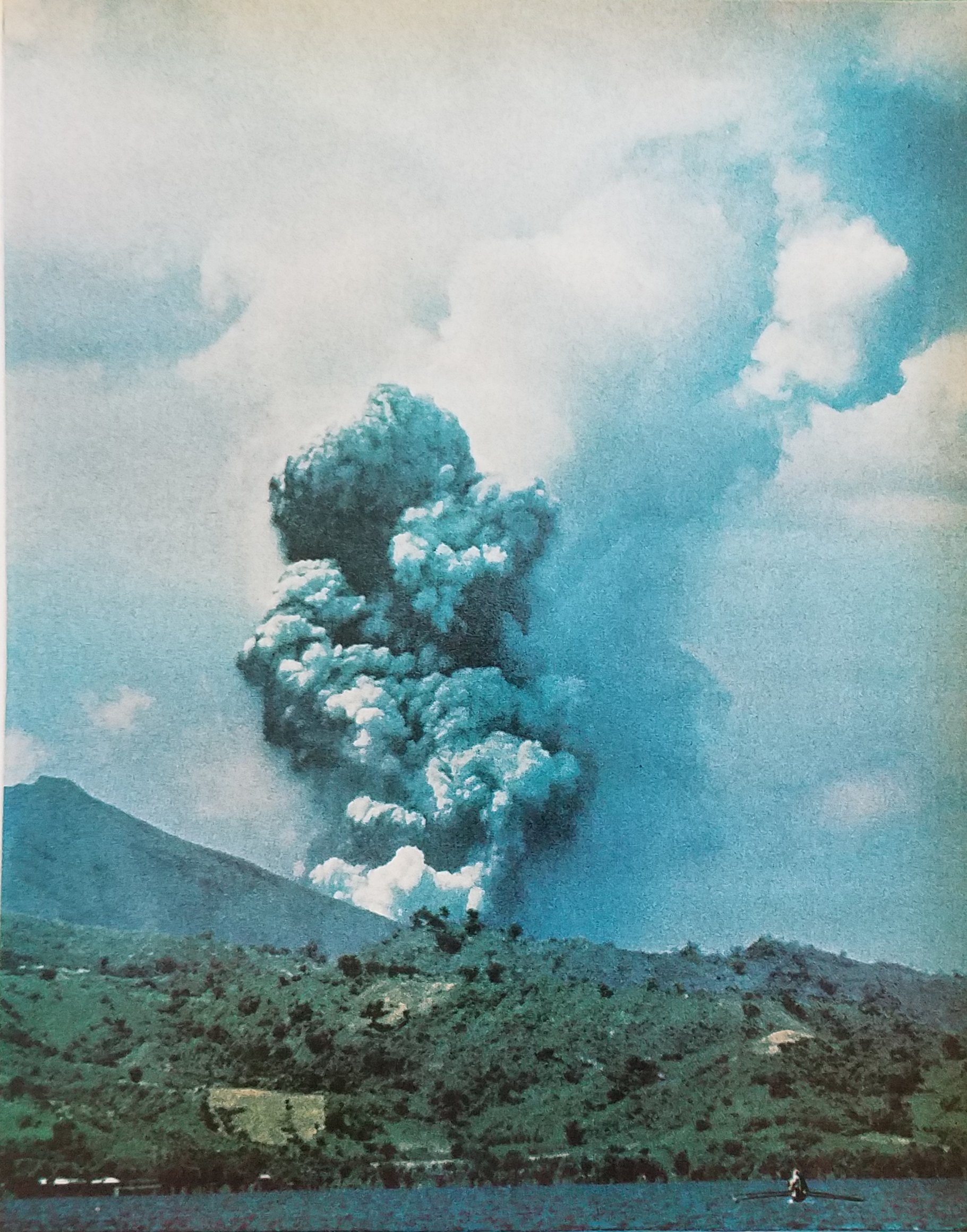

And less of a bang and more of a blaaat, we've just finished ringing in the Jewish new year with the traditional blowing of a ram's horn.

The Littlest One
Meanwhile, editor John W. Campbell, Jr. seems content to not rock the boat, providing a mixed bag of diverting fare and stale garbage in the latest issue of Analog, a combination that is unlikely to knock anyone off their feet.
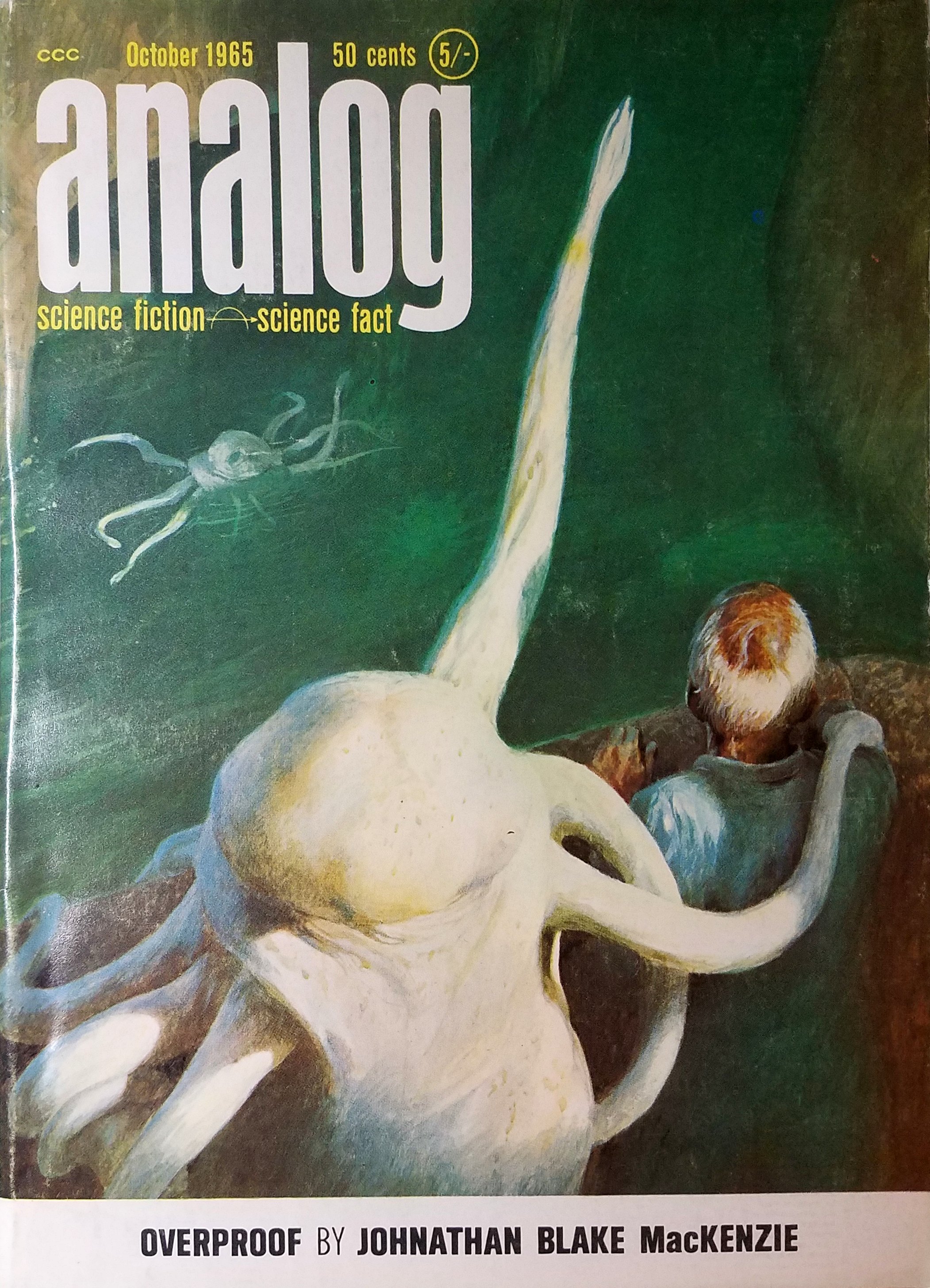
by John Schoenherr
Overproof, by Johnathan Blake MacKenzie
On a planet two hundred light years from home, a husband and wife pair of anthropologists come across a horrifying discovery. The native Darotha, an amphibian race resembling across between a cat and an octopus, are eating humans. At least, it seems that way – the Yahoos, apelike herd animals on their planet, bear a striking resemblance to homo sapiens. Are the Darothans really mass murderers? Or are looks deceiving?
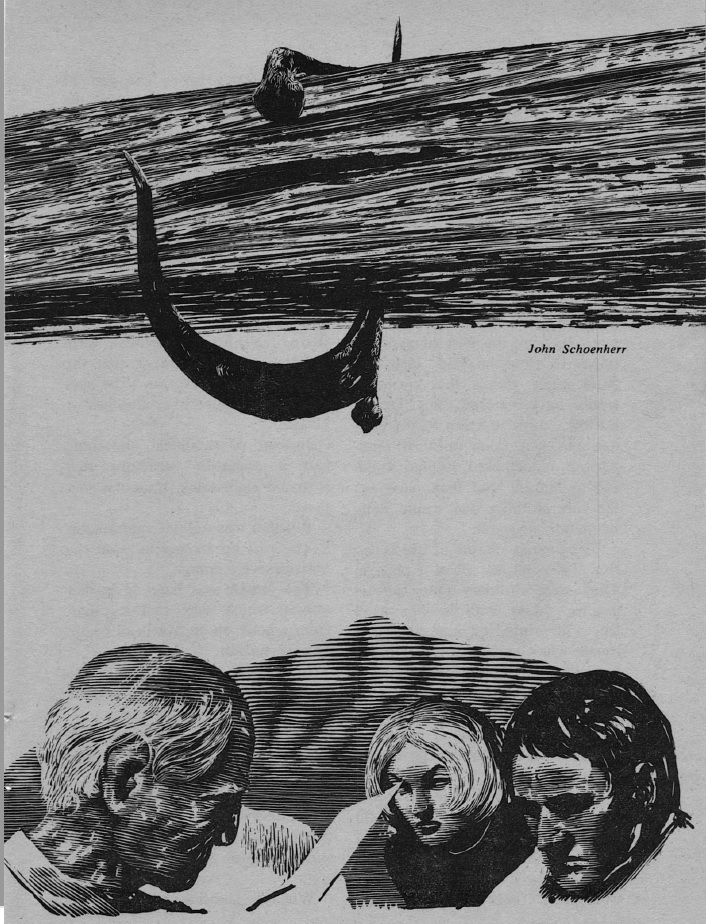
by John Schoenherr
This is an interesting piece that Randall Garrett (under a pseudonym) has offered up. Unusually for an Analog story, the Darothans are a well-drawn alien race and not played for inferiority – indeed, they are treated with sensitivity not only by the author but by the Terran colonists on the planet, who see them as exciting as potential partners and as an example of non-human society. In the end, the story is essentially an inverse of Piper's Fuzzy stories, where the question is not whether the humanoid Yahoos possess the spark of humanity, but whether they don't.
It's not a perfect story. The conclusion is pretty obvious from the beginning, it meanders and repeats a bit, but it's more subtle than what I usually see in Analog, and it kept me interested.
Three stars.
The Veteran, by Robert Conquest
Humans from the future, who have forgotten the art of war, summon someone from the past to lead them in a war against alien nasties. Unfortunately for them, the person they've found is a devout pacifist. But luckily, the fellow discovers the battle lust within that he needs to fulfill his role.
Rather offensive, simplistic, and for some reason, the aliens conquer our solar system in reverse order of distance from the Sun even though it's unlikely that they'd all be lined up so obligingly.
Two stars.
Snakebite!, by Alexander W. Hulett, M.D. and William Hulett
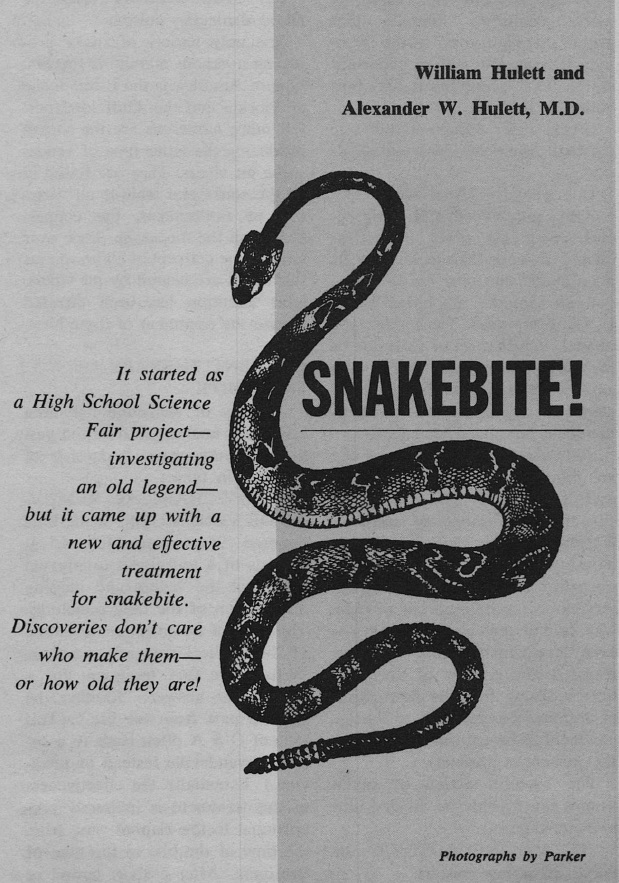
For some reason, Campbell saw fit to include this high school science project discussing the use of snake venom to produce antivenom blood serum in rodents. As an actual article, it might have been mildly interesting, but in its current form, it's pretty pointless.
Two stars.
The Mischief Maker, by Richard Olin
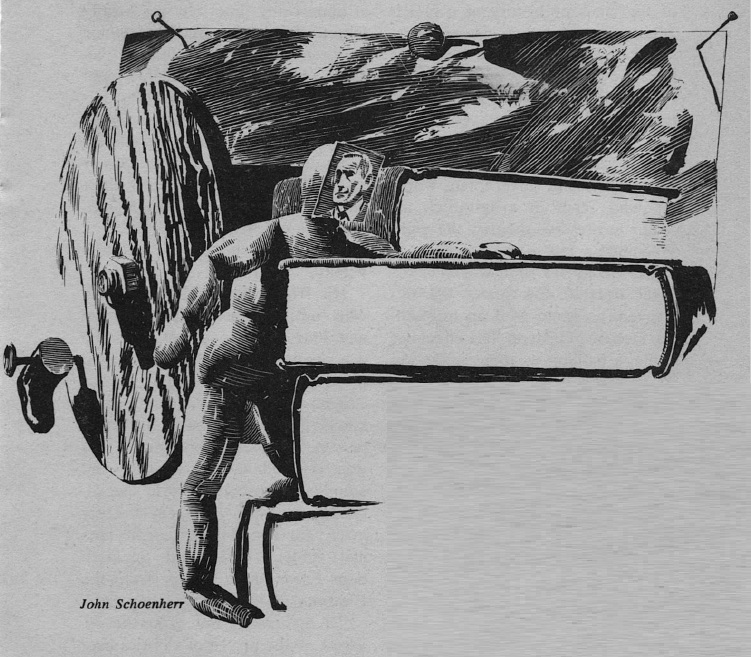
by John Schoenherr
A story told in epistolary, Maker describes how a crackpot professor with a grudge stumbles across the great power of the Law of Analogy, which he uses to destroy the leaders of America through various bits of voodoo and witchcraft. Truth be told, my eyes glazed over when the author mentioned the Hieronymous Machine, that psychic amplifier requiring no power source that editor Campbell is so enamored of.
Two stars.
Space Pioneer (Part 2 of 3), by Mack Reynolds
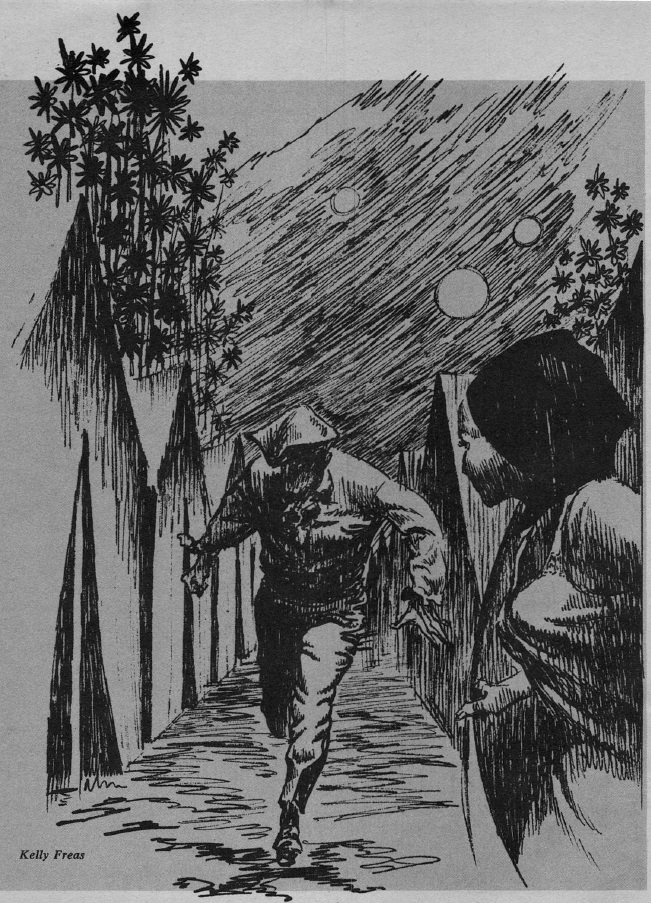
by John Schoenherr
Last but not least, we have the continuation of Reynolds' serial that began last month. When last we'd seen the assassin impersonating Rog Bock, shareholder in the colonial venture on New Arizona, his masquerade had been discovered by at least one other shareholder.
Part 2 begins with the colony ship Titov landing on its virgin planet destination, so closely resembling Earth as to be a near twin. The rapaciousness of the shareholders' goal becomes clear as the 2000 colonists find they have virtually no rights, that the shareholders plan to sell the valuable resource rights to outside entities almost immediately, and that the crew of the ship largely comprise ex-military personnel to make them a ready police force to keep the settlers in line.
Unrest threatens to boil over as the colony teeters on the brink of collapse, reeling from colonist indolence and sabotage by unknown persons – but by the end of this installment, they all have bigger concerns to worry about…
Again, Pioneer has only the barest trappings of science fiction. Nevertheless, this is one of Reynolds' more deft tales, and I'm enjoying it a lot.
Four stars for this bit.
Seismographic Data
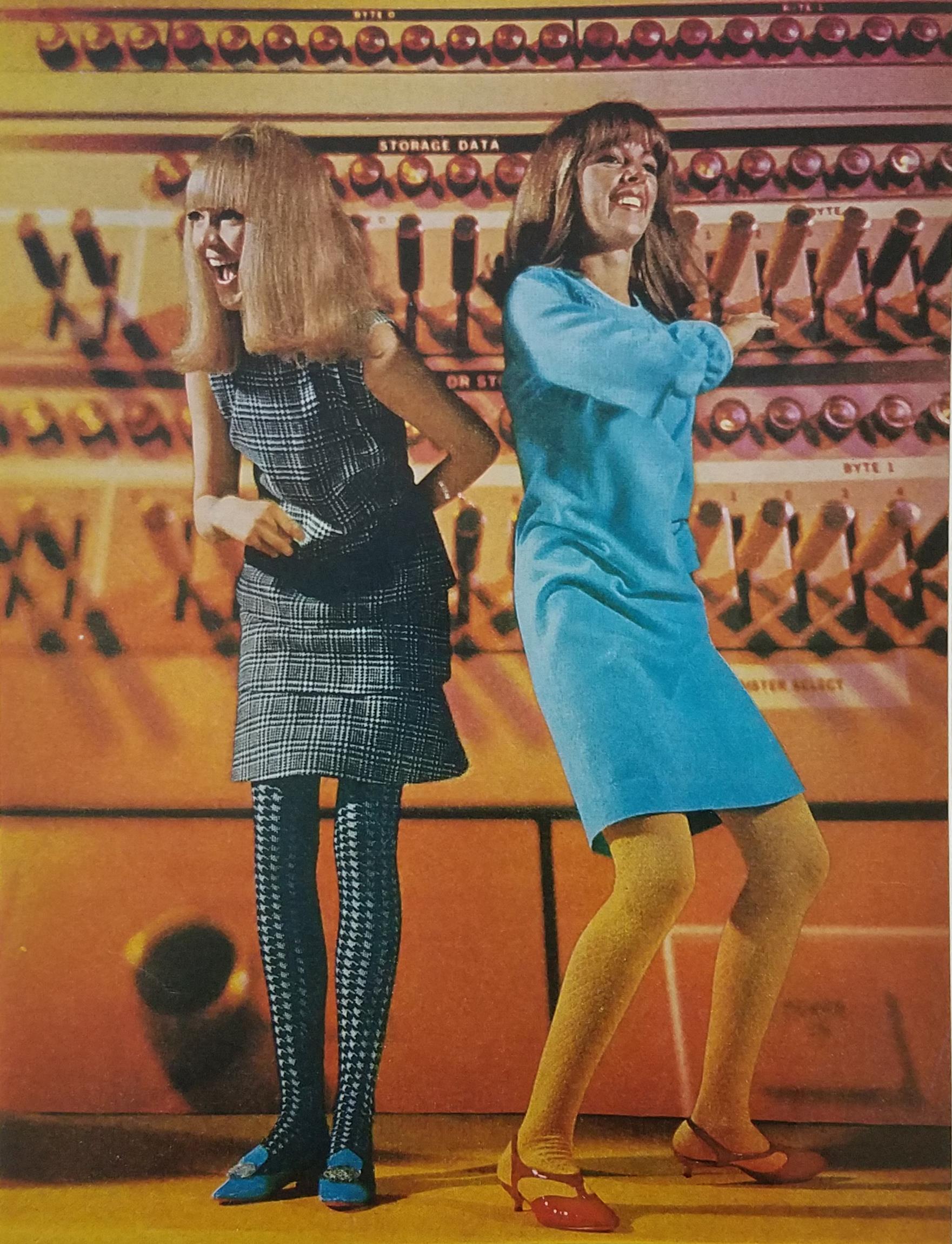
Where does this leave us for the month? Well, Analog clocks in at just 2.7 stars, below Fantasy and Science Fiction (3.4), Science Fantasy (3.3), New Worlds (2.8), and Worlds of Tomorrow (2.8); it is just tied with the lackluster Galaxy.
It did manage to beat out the disappointing Amazing (2.6), IF (2.3), and the truly awful Gamma (1.5), however.
There were just two and a half pieces written by women (one was co-written) out of 58: 4.3%. Surprisingly, the women-penned tales were all in the UK mags, which are usually all stag. No women authors were included in either of the "All Star" Galaxy and F&SF issues this month, which is a real shame. Where are Evelyn Smith and Margaret St. Clair?
Perhaps they are planning to return with a bang. I certainly expect to herald their next stories with fireworks!
Looking for good science fiction by women? Look no further than Rediscovery: Science Fiction by Women (1958-1963), the bestseller containing 14 of our favorite stories of the Journey era!

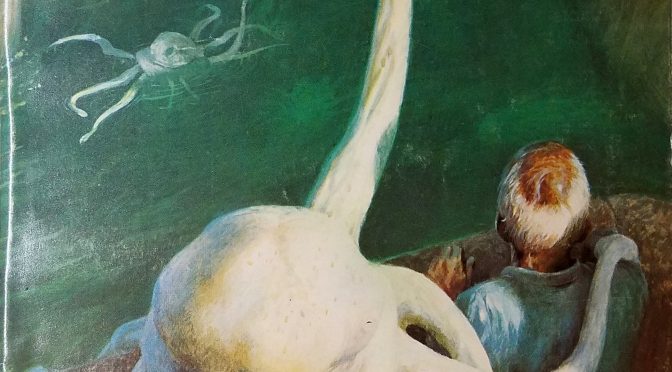


"Overproof" wasn't a bad story. But what it really did was point out to me the further problem with Campbell as an editor. If I had read this in, say, a Fred Pohl magazine, I would have had a very different interaction with the points it's making. Some of the points simply felt nasty simply because they have Campbell's stink on them.
"The Veteran" is another of those stories where you can imagine Campbell cackling with glee over skewering his strawman leftists. Conquest has written a number of books on the Soviet Union as well as articles for the more conservative British media. I think we can guess at how even-handed those works might have been.
"Snakebite" is just Campbell trying to point out that those pointy-headed scientists don't know anything and real progress is made in people's garages or something.
I remember very little of "The Mischief Maker" apart from magic somehow causing the collapse of civilization. Campbell probably only bought it because it said nice things about the Hieronymus Machine.
"Space Pioneer" continues to a solid Reynolds story. I particularly liked that the protagonist's posing as somebody he isn't and hadn't prepared to pretend to be came to an end fairly quickly. Characters so often manage to pull that off far longer than is believable. I'm interested to see how Reynolds pulls together all the threads he's set out.
In conclusion, John Campbell delenda est.
I had mixed feelings about "Overproof." The aliens were very nicely done. The part about how they had no concept of "lying for fun" (fiction) but were more ethical than humans was quite interesting, and would have made a good story by itself. On the other hand, the story comes to a complete halt when the author digresses into something irrelevant (I didn't need a long description of how the lathe-like machine worked.) Worst of all the foolish do-gooder defending the Yahoos is far too blatant a caricature. I was also uncomfortable with the idea that it's perfectly OK to slaughter animals (the Yahoos) that are on the level of apes, but that's just me.
"The Veteran" wasn't much more than a simplistic attack on pacifism. The idea that people in the future (except the few space pilots) would have absolutely no concept at all of how to fight back against at attack was impossible to accept, even in an attempt at satire.
"The Mischief Maker" was just another version of the Lone Genius and his Magic Box triumphing over those pointy-headed scientists and bureaucrats. This entire issue displays a great deal of anti-intellectualism — take a look at the editorial about Literature, if you can stand it — , which is pretty sad for a magazine which claims to present "science fact." It doesn't really seem to support science, but tinkering by self-taught mechanics.
I am considering whether or not to start picking up Analog again.
First off, I am probably going to be cancelling my subscriptions to Amazing and Gamma (whilst Fantastic and Galaxy are on a knife edge) so I may need something to plug the whole.
The other reason is that I liked the serials but didn't care for the short fiction, so I was just picking up the former in paperback. But paperback copies of the analog serials don't seem to be very forthcoming lately.
In 1962 of the five serials, three of them I could get in paperback within a year (Only the two Homer Crawford stories I haven't see published). Since then, I think only another 3 have come out in paperback (The Earth War, Deathworld 2, The Other Side of Nowhere). The Dune serials and Sleeping Planet are scheduled for Hardback but I am not happy to drop 18 to 30 shillings on a new book unless I really love the author, whilst I am yet to see any sign of the other 5.
I am not sure what has made this change as most of the other magazine's serials still seem to be being really published in paperbacks quickly.